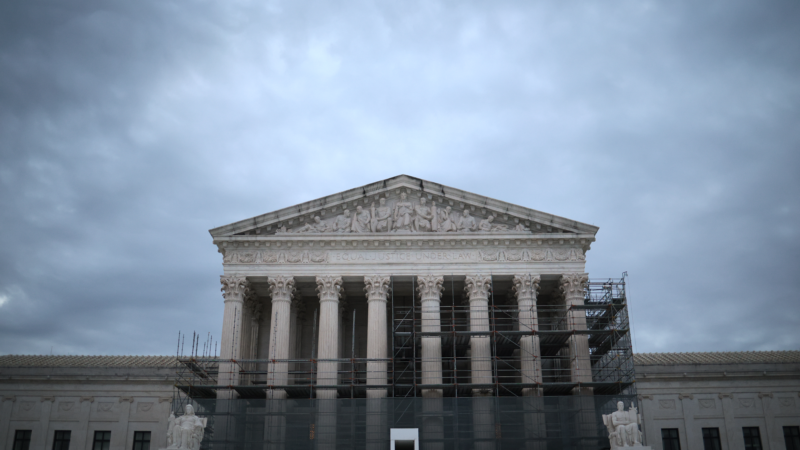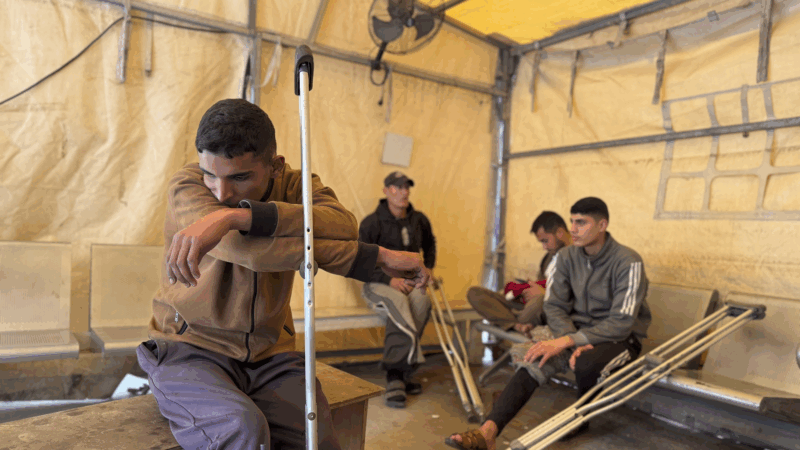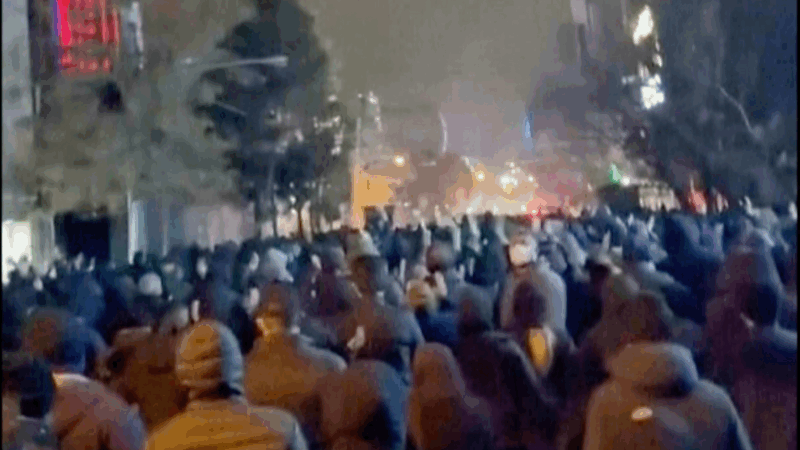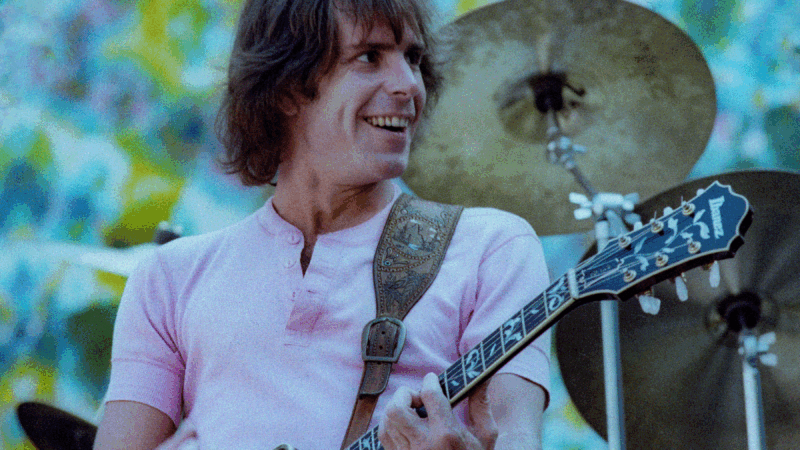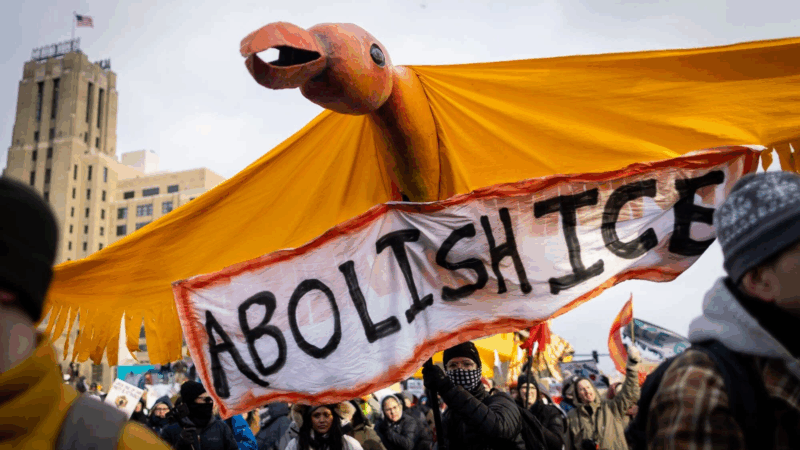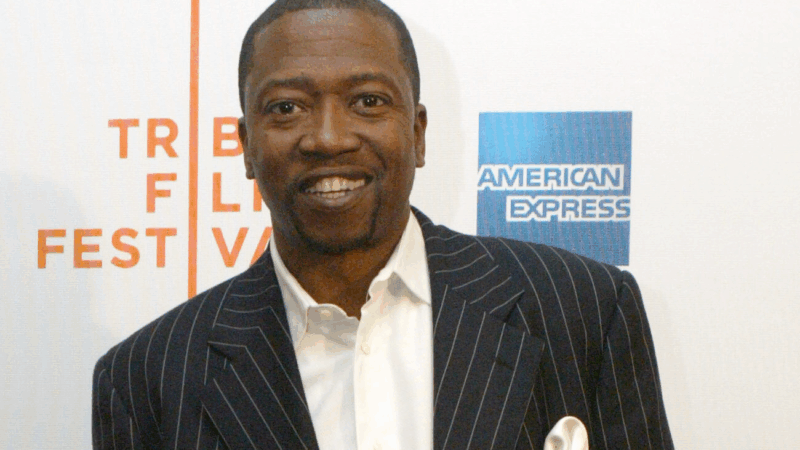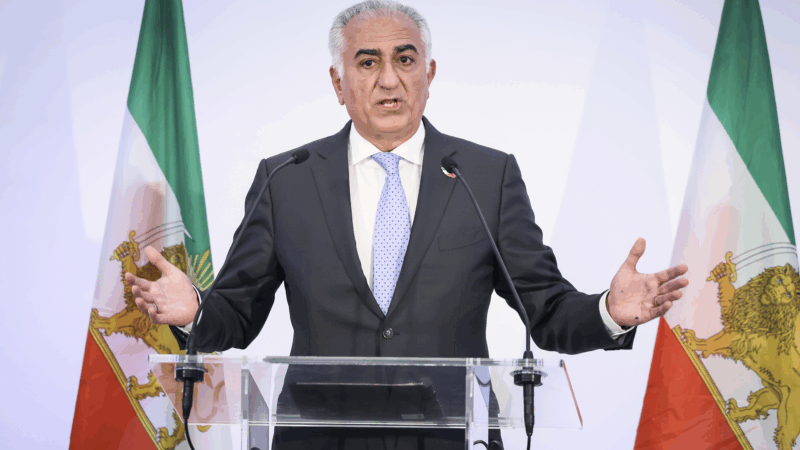Supreme Court seems ready to let religious groups opt out of unemployment compensation laws
The U.S. Supreme Court appeared openly doubtful on Monday about Wisconsin’s refusal to exempt Catholic Charities from making payments into the state’s mandatory unemployment system.
Monday’s case was brought by a single chapter of Catholic Charities in northern Wisconsin, which claims that it should be able to opt out of the mandatory state unemployment compensation system and instead join an alternative church system, which is cheaper.
The state, however, refused to grant Catholic Charities a religious exemption from paying into the state system. The state said that Catholic Charities functions the same way as other non-profits, including Catholic hospitals, and is required to participate in the state unemployment tax system, as it has done for decades.
Catholic Charities counters that its mission is to carry out the gospel of the church to help people, and that it is thus entitled to a religious exemption from the mandatory state tax system. If it wins this case, the decision could—potentially at least— lead to a major exodus from the state system in Wisconsin and from similar state programs in 46 other states. And that, in turn, could destabilize the joint federal-state unemployment compensation program that has existed for decades.
Monday morning’s argument started out with some hard questions for Catholic Charities. Justice Elena Kagan asked, “Are you saying … that a group that comes in and says, ‘We are a religious group doing religious activities for religious purposes,’ qualifies no matter what? That there’s no looking behind that at all?”
Chief Justice John Roberts pressed the point with this hypothetical: What if a religion that believes it’s a sin to eat meat opens a vegetarian restaurant. “Do they have a claim to be exempt from state taxes?”
If the justices seemed skeptical of the charity’s opt-out position, both liberal and conservative justices seemed downright hostile to the state’s assertion that Catholic Charities, which serves and employs people of all faiths, and doesn’t allow proselytizing, is just like any other non-profit employer and is thus required to pay into the state’s unemployment tax system.
Wisconsin assistant solicitor general Colin Roth faced constant interruptions from the bench, but managed to say that the standard imposed by the Wisconsin Supreme Court is that charities may be exempt from paying taxes if their activities involve worship, or religious proselytizing, or religious education. Catholic Charities fulfills none of those functions, he said.
Justice Neil Gorsuch interrupted at that point. “Really, there are no nuns and priests and deacons at the soup kitchen? The bishop, you know, is overseeing it. I mean, come on.”
Justice Amy Coney Barrett wondered what would qualify as proselytizing. “Are they playing hymns on the radio or Christian Rock at the Evangelical soup kitchen?” she asked. “Is that proselytization or not because you’re forced to sit there and listen to it?”
Justice Samuel Alito asked if proselytizing meant “you don’t get the soup unless you pray first?”
And finally, Justice Kagan summarized the issue this way. “There are lots of hard questions in this area. … But I thought it was pretty fundamental that we don’t treat some religions better than other religions. And we certainly don’t do it based on the content of the religious doctrine that those religions preach.”
A decision in the case is expected by late June.
Inside a Gaza medical clinic at risk of shutting down after an Israeli ban
A recent Israeli decision to bar Doctors Without Borders and other aid groups means international staff and aid can no longer enter Gaza or the West Bank. Local staff must rely on dwindling supplies and no international expertise.
Iran warns US troops and Israel will be targets if America strikes over protests as death toll rises
Iran's parliament speaker warned the U.S. military and Israel would be "legitimate targets" if America strikes the Islamic Republic, as threatened by President Donald Trump.
Bob Weir, guitarist and founding member of the Grateful Dead, has died at 78
For three decades with the Grateful Dead and three more after the group ended following the 1995 death of his bandmate Jerry Garcia, Weir helped build and sustain the band's legacy across generations.
Nationwide anti-ICE protests call for accountability after Renee Good’s death
Activist organizations are planning at least 1,000 protests and vigils this weekend. Officials in major cities cast Saturday's demonstrations as largely peaceful.
Veteran actor T.K. Carter, known for ‘The Thing’ and ‘Punky Brewster,’ dies at 69
T.K. Carter gained fame as Nauls the cook in John Carpenter's 1982 horror classic, "The Thing."
Who is Reza Pahlavi, the exiled Crown Prince encouraging demonstrations across Iran?
In exile for nearly 50 years, Iran's Crown Prince Reza Pahlavi has issued calls urging Iranians to join protests sweeping the country. But support for him may not be clear cut.

